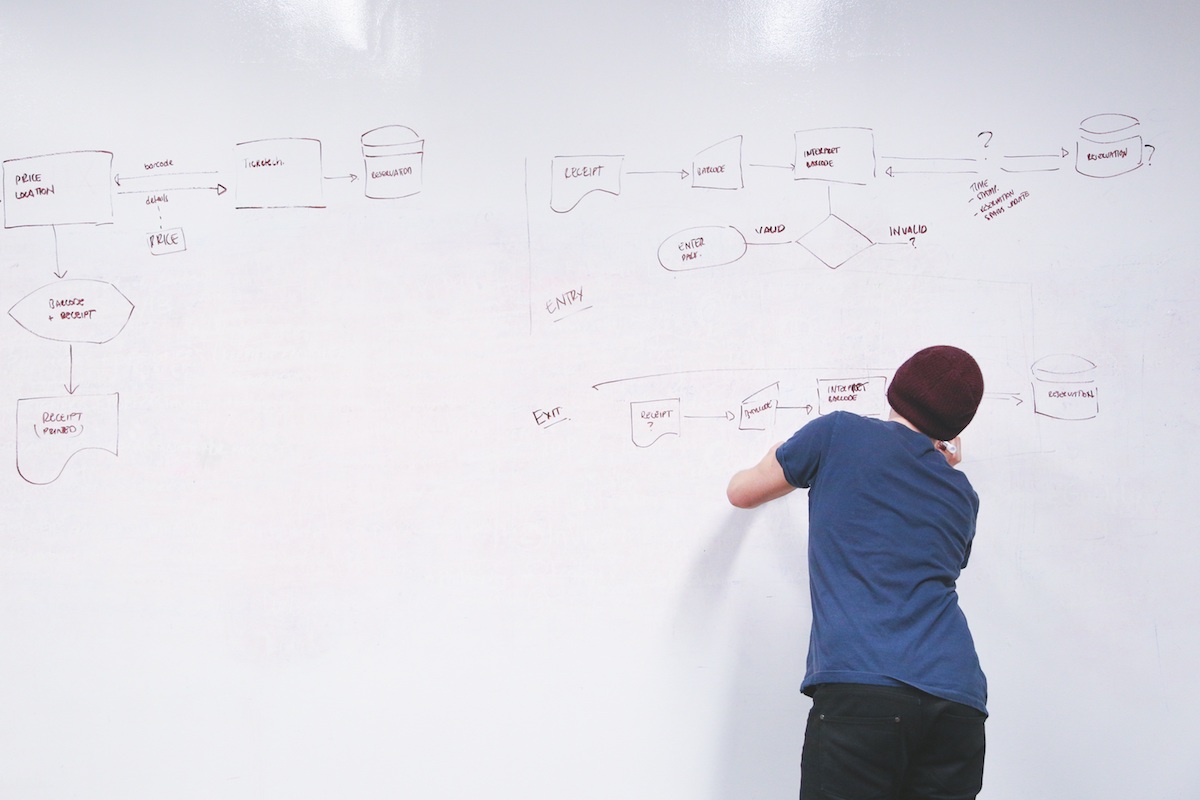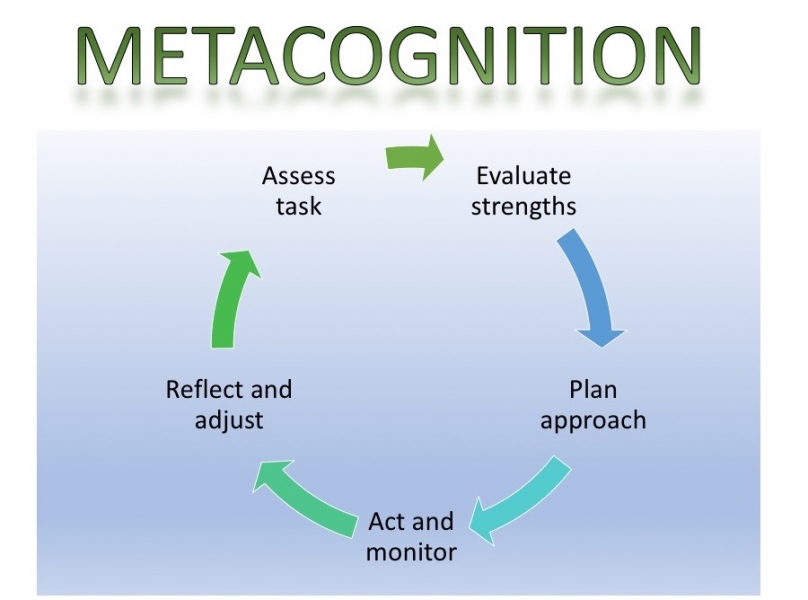An Effective Mindset for Learning

If you encounter a difficult concept in an OLI course, consider what you can do to increase your understanding. Our activities and feedback are there to support you.
Developing Strategies for Learning

The importance of planning
When starting an online course, many students neglect planning, opting instead to jump in and begin working. While this might seem efficient (after all, who wants to spend time planning when they could be doing?), it can ultimately be inefficient.
We want to help you work as efficiently and effectively as possible in your OLI course, given what you already know. You may have taken related courses, and may be familiar with some of the concepts in the course that you are taking. In that case, you may not need to work through all of the activities in the course; just enough to make sure that you’ve “got it.” For others, this is your first exposure to a particular topic, and you may need to do more of the activities, since you are learning these concepts for the first time.
The idea of planning your approach to the course before you start is called metacognition.
Metacognition
Metacognition, or “thinking about thinking,” refers to your awareness of yourself as a learner and your ability to regulate your own learning.
Metacognition involves five distinct skills, which are applied over and over again in a cycle:
- Assess the task—Get a handle on what is involved in completing a task (the steps or components required for success) and any constraints (time, resources).
- Evaluate your strengths and weaknesses—Evaluate your own skills and knowledge in relation to a task.
- Plan an approach—Take into account your assessment of the task and your evaluation of your own strengths and weaknesses in order to devise an appropriate plan.
- Apply strategies and monitor your performance—Continually monitor your progress as you are working on a task, comparing where you are to the goal you want to achieve.
- Reflect and adjust if needed—Look back on what worked and what didn’t work, so that you can adjust your approach next time and, if needed, start the cycle again.
In some respects, metacognition is fairly ordinary and intuitive. Yet you’d be surprised how often people lack strong metacognitive skills; and you’d be amazed by how much weak metacognitive skills can undermine performance.


